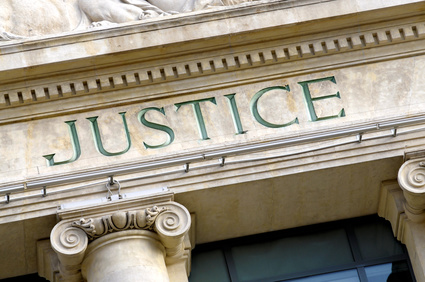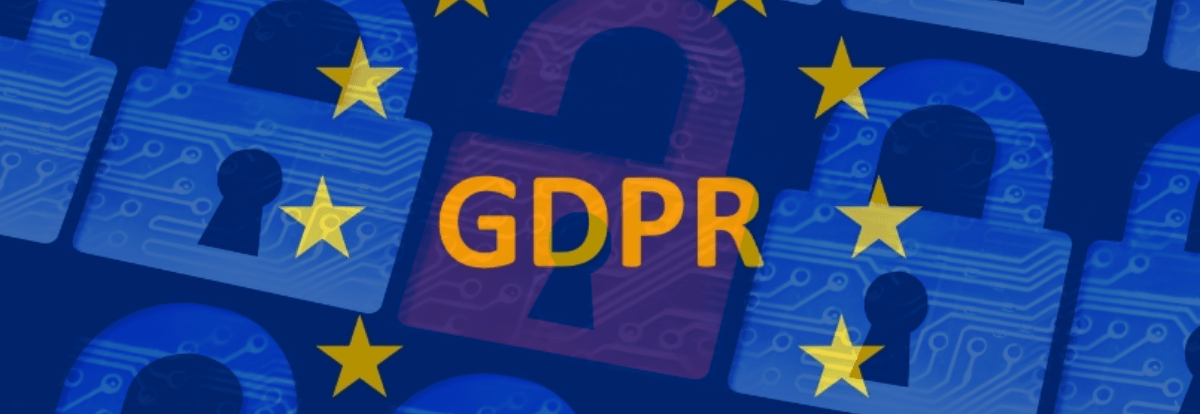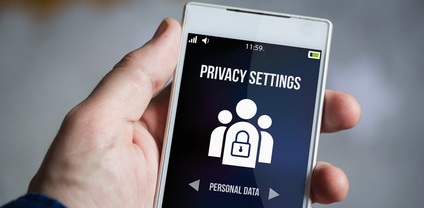As the growth of digital consumerism continues, we are sharing our personal information with an increasing number of online retailers and companies, both in the public and private sectors. Often, disclosing such details can be a requirement of making online purchases and orders, and since it has become the norm, we think little of this disclosure. But with billions of exposed information records circulating online, disclosing your data to third parties can bring about security risks.
In fact, there is a huge network of cybercriminals seeking to take advantage of the aggregation of personal information by organisations and businesses alike. Within company databases and online payment systems there can, unfortunately, be vulnerabilities. Hackers may be able to exploit them in order to steal personal information.
Though cybercriminals bear responsibility for data theft and misuse, it is also up to data controllers to protect the personal information in their possession. As such, where they fail to do so, they can be responsible for a breach of data protection law. To account for this injustice, you could be eligible to make a data breach compensation claim now on a No Win, No Fee basis.
Read More













